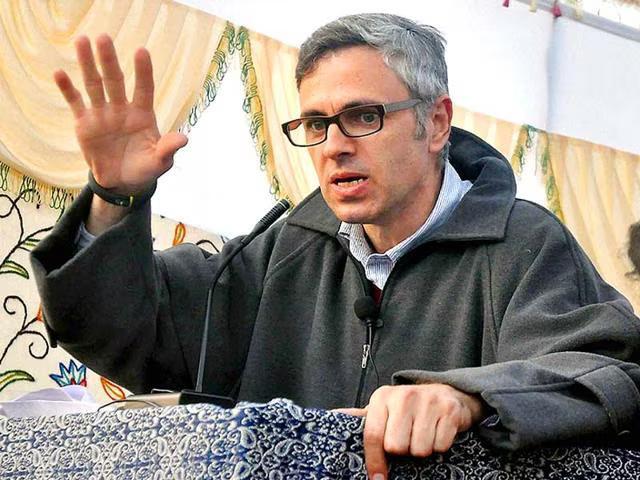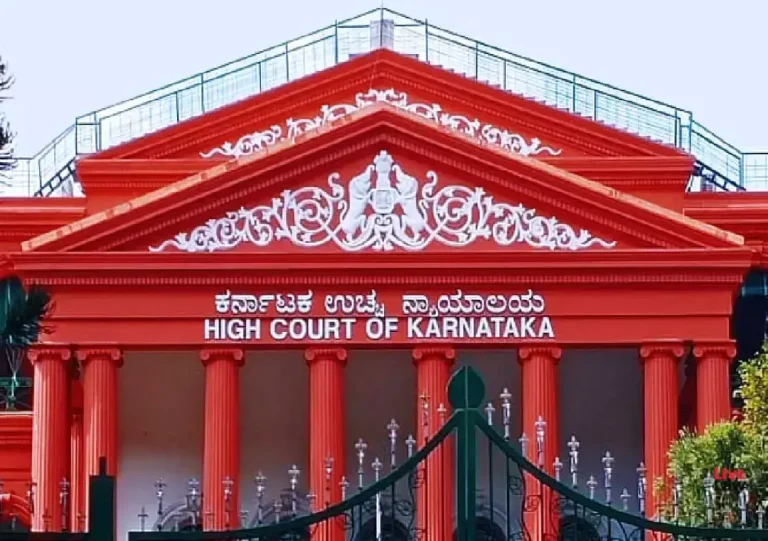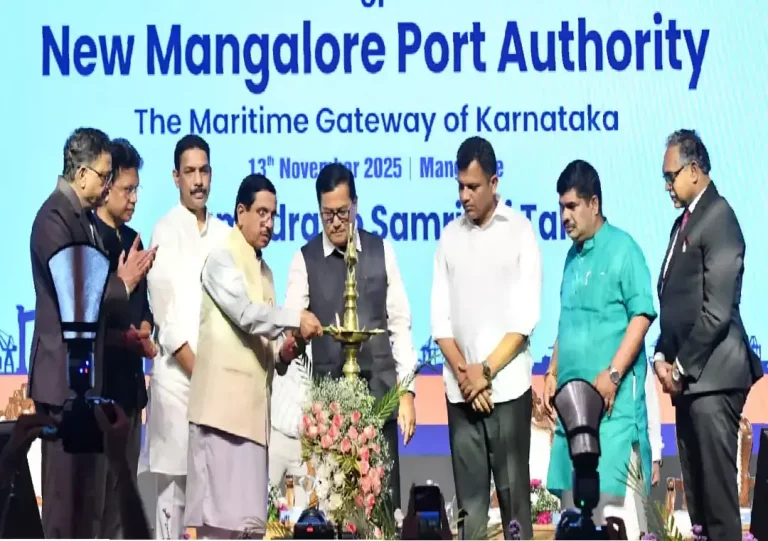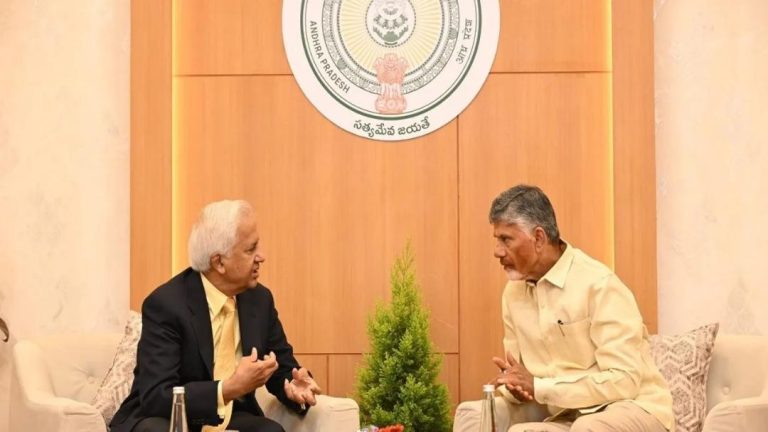
US Doesn’t Care About Any Other Country: J&K CM Omar After Trump-Pak Army Chief Lunch
The recent lunch meeting between US President Donald Trump and Pakistan Army Chief General Asim Munir has sparked controversy and raised eyebrows globally. The event has been met with criticism from many quarters, including Jammu and Kashmir Chief Minister Omar Abdullah. In a sharp reaction to the development, Abdullah stated that the US does not care about any other country and does what benefits them.
The meeting between Trump and Munir, which took place at the White House, has been seen as a significant development in the context of the ongoing tensions between India and Pakistan over the Kashmir issue. India has been critical of Pakistan’s policies on Kashmir and has accused the country of supporting cross-border terrorism.
Abdullah’s remarks came as a response to the meeting, which he felt was a reflection of the US’s priorities and its willingness to engage with countries that benefit its interests. “We can’t dictate to the US President whom he should invite for dinner…We used to think the US President was our close friend, and he’d respect that, but the US does what benefits them, they don’t care about any other country,” Abdullah said in an interview.
The J&K CM’s comments are significant, given the long-standing relationship between India and the US. India has traditionally been a key partner of the US in the region, and Washington has been a strong supporter of New Delhi’s stance on Kashmir. However, the recent meeting between Trump and Munir has raised questions about the nature of the US-Pakistan relationship and its implications for regional security.
Pakistan has been a key player in the Kashmir conflict, and its military has been accused of supporting militant groups operating in the region. The country’s relationship with the US has been complex, with Washington providing significant aid to Islamabad in the past. However, the US has also been critical of Pakistan’s failure to crack down on terrorist groups operating within its borders.
Abdullah’s remarks highlight the sense of betrayal and disappointment that many Indians feel about the US’s willingness to engage with Pakistan, despite its alleged support for terrorism. The J&K CM’s comments also reflect the frustration and anger that many Indians feel about the US’s perceived lack of understanding of the Kashmir issue.
The meeting between Trump and Munir has also been seen as a significant development in the context of the ongoing diplomatic tensions between India and Pakistan. The two countries have been engaged in a bitter standoff over the Kashmir issue, with Pakistan accusing India of human rights abuses and India accusing Pakistan of supporting terrorism.
The US has traditionally been a key player in resolving conflicts in the region, and its engagement with Pakistan has been seen as a significant development in the context of the Kashmir issue. However, Abdullah’s remarks highlight the sense of disappointment and frustration that many Indians feel about the US’s willingness to engage with Pakistan, despite its alleged support for terrorism.
In recent years, the US has been critical of Pakistan’s failure to crack down on terrorist groups operating within its borders. The US has also been pushing Pakistan to take action against militant groups operating in the region, including the Haqqani network and Lashkar-e-Taiba.
However, Pakistan has been accused of using militant groups to further its own interests in the region, including in the Kashmir conflict. The country’s military has been accused of supporting militant groups operating in the region, including the Hizbul Mujahideen and Lashkar-e-Taiba.
The meeting between Trump and Munir has also been seen as a significant development in the context of the ongoing tensions between India and Pakistan over the Kashmir issue. The two countries have been engaged in a bitter standoff over the issue, with Pakistan accusing India of human rights abuses and India accusing Pakistan of supporting terrorism.
The US has traditionally been a key player in resolving conflicts in the region, and its engagement with Pakistan has been seen as a significant development in the context of the Kashmir issue. However, Abdullah’s remarks highlight the sense of disappointment and frustration that many Indians feel about the US’s willingness to engage with Pakistan, despite its alleged support for terrorism.
In conclusion, the meeting between Trump and Munir has sparked controversy and raised questions about the nature of the US-Pakistan relationship and its implications for regional security. Abdullah’s remarks highlight the sense of betrayal and disappointment that many Indians feel about the US’s willingness to engage with Pakistan, despite its alleged support for terrorism. The meeting also reflects the ongoing tensions between India and Pakistan over the Kashmir issue, and the need for the US to take a more balanced approach in its engagement with both countries.






